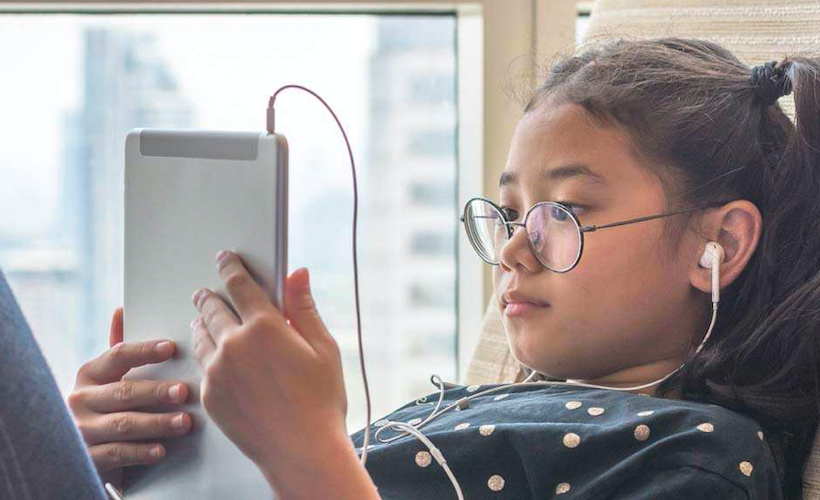For Samantha, a 13-year-old girl from Massachusetts, camp can’t come soon enough. Sources close to Samantha confirm that Samantha has a relationship with her bunkmates that her school friends could never replicate. In fact, everyone from experts to casual observers agrees: Samantha’s camp friends just understand her better.
Scientists have been conducting studies on the impact of summer camps for decades. Based on interviews with Samantha and her friends, they conclude that Samantha’s feelings of attachment are legitimate.
“With my home friends, it’s like talking to concrete. I’m doing all the work and I’m getting NOTHING back,” says Samantha. “With my camp friends? We talk about real stuff, the stuff that matters.”
“Whenever I try to talk to Samantha about serious things she brushes me off,” says Abby, Samantha’s friend from home. “This past fall, my parents decided to separate and it really sucked. After I told Samantha, she started talking to her friend from camp whose parents got divorced. Like, I get that your camp friend’s parents got divorced, but my parents are also getting divorced,”
Samantha explains that people like Abby just don’t stimulate her mind in the same way.
“Bunk 8 was basically a French salon during Session 3 last summer. I figured out a lot about myself then, like how I’m an introvert but also an extrovert. And how I’m good drawing animals.”
In discussion with her bunkmates, Samantha has not only learned about her interests but her sexuality.
“I really found out what kind of guys I Iike. I like guys with brown hair. Everyone should go to camp. It’s amazing.”
“Surprisingly, only 23% of female campers report genuinely having a good time at summer camp,” says one sociologist who contributed to the report. “For the other 77%, it is a living hell. Tweens regularly report experiencing social anxiety, isolation, and despair.”
When asked about the findings, Samantha isn’t phased. “They probably just didn’t go during Session 3.”




